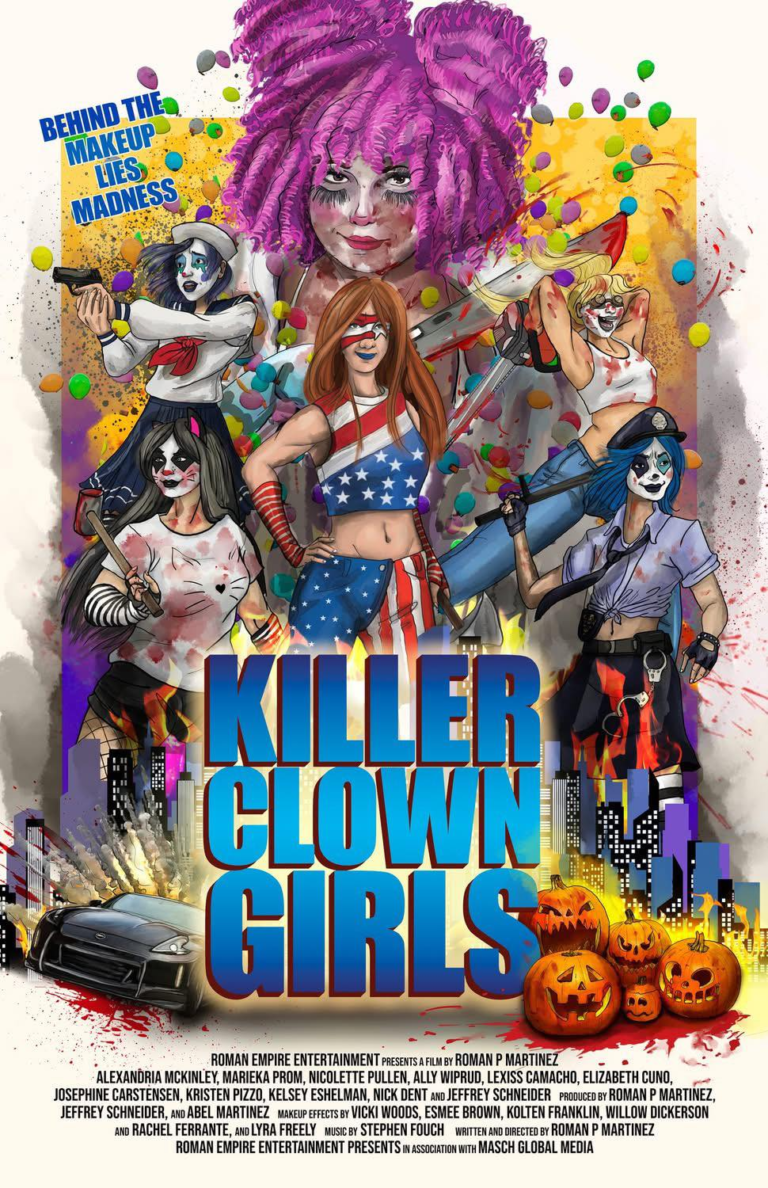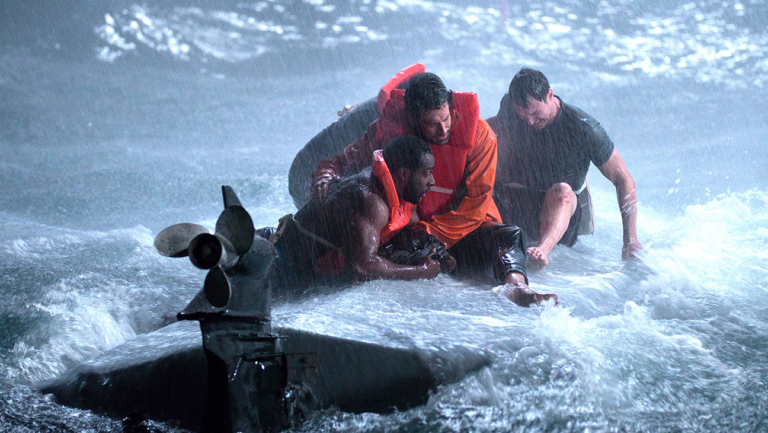Separated Christian Review

I recently watched Errol Morris’s documentary Separated, and I have to tell you, it was not an easy experience. This film doesn’t just ask for your attention—it demands it. It forces you to sit in the uncomfortable reality of what has been done to some of the most vulnerable people in the name of political ambition. There’s a coldness to it, a precision with which Morris examines the decisions and policies that led to the separation of families at the border, and the emotional impact is undeniable.
It’s a documentary that raises your blood pressure. You feel the injustice in your bones, and if you’re a Christian, there’s a special kind of tension you feel watching this kind of thing. We’re called to seek justice and love mercy, yet here you’re faced with a story where both of those things seem to have been cast aside in favor of something far more sinister.
The Politics of Dehumanization
Let’s get one thing straight: this isn’t just a film about immigration policy. It’s about dehumanization. Morris isn’t subtle about that. The policies that led to children being taken from their parents and placed in cages were not just mistakes or missteps. They were deliberate, calculated moves made for political gain. The people behind these decisions weren’t simply misguided; they were ambitious. They wanted power, and they were willing to sacrifice the dignity and safety of families to get it.
As Christians, we know that every human being is made in the image of God (Genesis 1:27). That means that every child who was separated from their parent at the border is a reflection of God’s image. Every parent who cried out for their child in those detention centers is someone for whom Christ died. The dehumanization on display in Separated is a direct assault on the Imago Dei—the very essence of what it means to be human. And if that doesn’t stir something in your soul, then something’s wrong.
It reminded me of the parable of the Good Samaritan (Luke 10:25-37), where Jesus challenges us to see the humanity in those we might otherwise ignore. In that story, it was the religious leaders who walked past the beaten man on the side of the road, unwilling to get involved. In many ways, Separated forces us to ask if we’ve been those same religious leaders—turning a blind eye to the suffering of immigrants, refusing to step in and help because it’s politically inconvenient or emotionally uncomfortable.
Righteous Anger: A Christian Response to Injustice
I don’t know about you, but watching Separated stirred a kind of righteous anger in me. And I think that’s a good thing. Too often, Christians shy away from anger because we’re told that it’s sinful. But there’s a difference between destructive anger and righteous anger. Jesus Himself displayed righteous anger when He overturned the tables of the money changers in the temple (Matthew 21:12-13). He wasn’t angry for His own sake—He was angry on behalf of the oppressed, the marginalized, those being exploited. That’s the kind of anger that Separated invokes.
The policies examined in this film weren’t just ineffective—they were cruel. They were designed to send a message, to dehumanize and deter, regardless of the human cost. As I watched, I couldn’t help but think of Proverbs 31:8-9, which tells us to “speak up for those who cannot speak for themselves, for the rights of all who are destitute. Speak up and judge fairly; defend the rights of the poor and needy.”
This isn’t just a suggestion for Christians—it’s a command. We’re called to advocate for justice, to defend the vulnerable. And make no mistake, the families torn apart by these policies are among the most vulnerable people in the world. They are fleeing violence, poverty, and instability, only to be met with cruelty at the border. It’s easy to get swept up in political rhetoric, to think of these people as “illegal immigrants” or “border crossers.” But Separated forces you to see them for what they truly are: human beings, mothers, fathers, children, all made in the image of God.
Compassion vs. Policy: Where Do We Stand?
Here’s where things get tricky for a lot of people. There’s a tension between compassion and policy. We live in a country that has laws, and those laws are there for a reason. But when those laws lead to the kind of suffering we see in Separated, we have to ask ourselves: is this really what we want? Is this what justice looks like? As a Christian, I don’t believe it is.
Leviticus 19:34 says, “The foreigner residing among you must be treated as your native-born. Love them as yourself, for you were foreigners in Egypt.” This isn’t some vague suggestion. It’s a command to treat the immigrant with the same dignity and respect we would want for ourselves. There’s no room for the kind of dehumanizing rhetoric or policies that lead to children being placed in cages, torn from their families.
Yes, governments have a responsibility to maintain order and enforce laws. But those laws should never be used as a weapon against the vulnerable. In Separated, Morris lays bare the ways in which ambition and power have been prioritized over compassion and mercy. It’s a stark reminder of what happens when we lose sight of the humanity of those we deem “other.”
The Flaws and the Humanity
Now, I have to be honest—there are some parts of Separated that don’t quite hit the mark. Morris’s decision to cast actors to play a mother and son crossing the border in an attempt to personalize the crisis didn’t work for me. It felt forced, and it took me out of the documentary at times. The dramatizations didn’t add the emotional weight they were meant to; if anything, they dulled the impact of the real stories that Morris was trying to tell.
But even with its flaws, Separated succeeds in its mission. The real power of the film lies in its ability to expose the human cost of these policies. It’s not just about numbers or statistics—it’s about people. Real people, with real stories, whose lives have been shattered by decisions made in the name of political expediency. As Christians, we can’t ignore that.
What Does Faith Require of Us?
So where does this leave us? What does faith require of us in the face of such injustice? I think it comes down to this: we have to do more than feel anger. We have to act. Micah 6:8 sums it up perfectly: “He has shown you, O mortal, what is good. And what does the Lord require of you? To act justly and to love mercy and to walk humbly with your God.”
Separated reminds us of the importance of both justice and mercy. We can’t have one without the other. Justice without mercy is cruelty, and mercy without justice is passivity. The documentary challenges us to seek both, to be people who stand up for what is right while extending grace and compassion to those who need it most.
Final Thoughts
Errol Morris’s Separated is a difficult film to watch, but it’s an important one. It forces us to confront the consequences of our policies, the dehumanization of our neighbors, and the ways in which we’ve allowed ambition to overshadow compassion. As Christians, we cannot remain silent in the face of such injustice. We are called to be voices for the voiceless, to stand up for those who have been oppressed, and to seek justice with mercy.
Rating: 9/10. Separated isn’t perfect, but its message is vital. It’s a sobering reminder that our faith must be lived out in how we treat the least of these.






